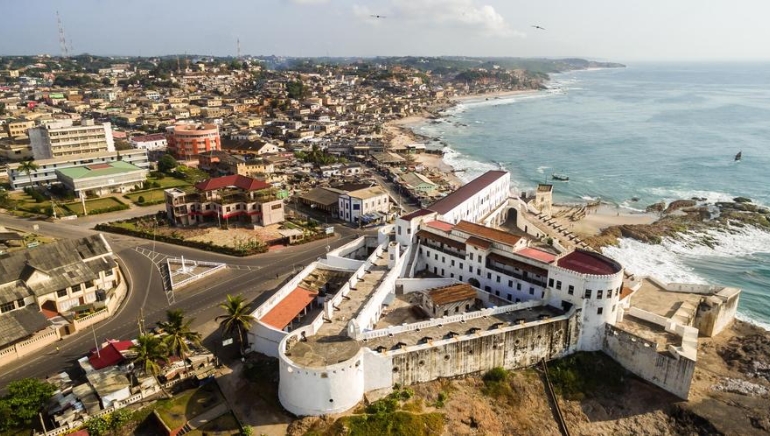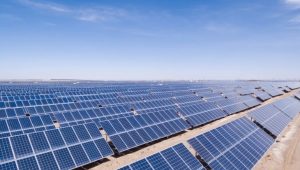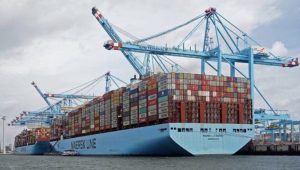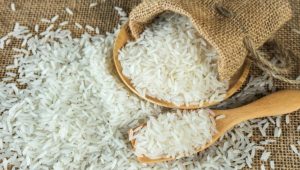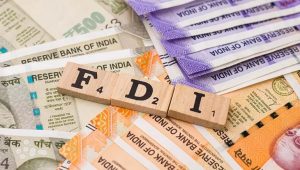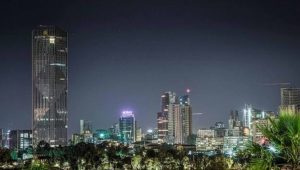Ghana’s GDP expanded by 6.9% in the second quarter of 2024, its strongest increase since Q2 2019. According to official statistician Kobina Annim, this outperformed analysts’ predictions, owing in significant part to the extractive sector’s rapid rise.
The industrial sector expanded by 9.3%, up from 6.8% in the previous quarter, while agriculture and services rose by 5.4% and 5.8%, respectively.
Despite issues in the cocoa subsector, which contracted by 26.2% for the fourth consecutive quarter, agriculture as a whole performed well, employing approximately 40% of the workforce. Ghana, the world’s second-largest cocoa producer, has faced climate challenges, disease outbreaks, and cocoa bean smuggling.
The services sector continued to contribute the most to growth, accounting for 44.2%, followed by industry (32.2%) and agriculture (23.6%).
Ghana’s economic recovery coincides with a large debt restructuring initiative, which invites overseas bondholders to exchange $13 billion in bonds. The country is in its second year of an IMF program, which includes tough austerity measures.
Annual inflation fell to a 29-month low of 20.4% in August 2024, boosting the prospect of interest rate cuts before the central bank’s September 30 meeting.





